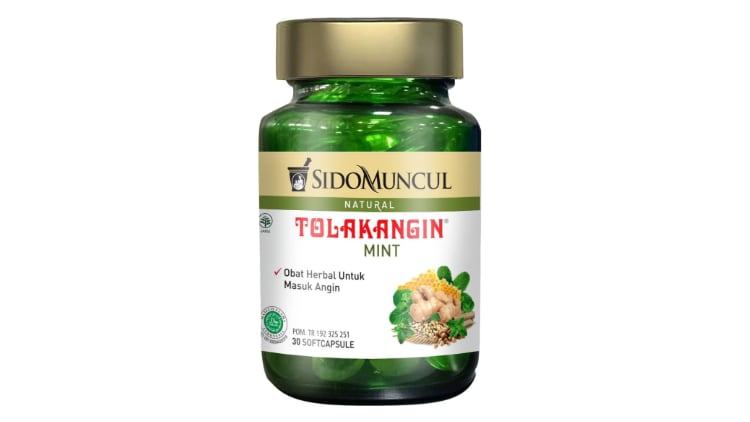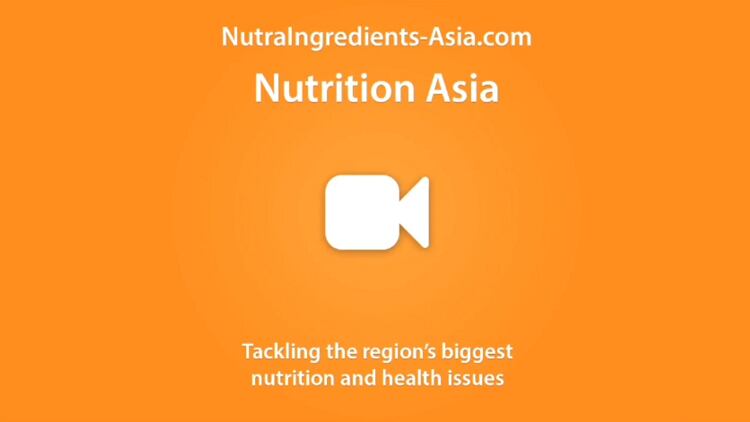However, before adopting the nutrition therapy, patients who are taking insulin secretagogues such as sulphonylureas will need to make adjustments to the medications taken.
The study, funded by Nestle Health Science, was published in Nutrients.
During Ramadan, meals are taken before dawn and after sunset, and the daytime fasting can vary between 11 and 22 hours each day depending on the region.
In diabetics, their problem of insulin resistance or deficiency during fasting can lead to gluconeogenesis, where glucose is generated from non-carbohydrates.
This increases the risk of developing low or high blood glucose, a dangerous build-up of ketones, and dehydration.
In this trial, researchers study how the incorporation of a nutrition therapy, specifically Nestle’s diabetes formula ‘Nutren Diabetes’, can reduce the risks of developing complications during fasting.
The formula, consisting of 30 vitamins, minerals, whey protein and MUFA, was consumed as part of the pre-dawn meal or as a pre-bed snack.
Lasting for eight weeks, the trial recruited 64 patients who were asked to choose their preferred grouping – either receiving the nutrition therapy or following standard care.
More than half (38) of them chose to receive the nutrition therapy and they were required to take the therapy two weeks before Ramadan, during the four-week long Ramadan, and two weeks after Ramadan.
Results
One of the most significant results is the lowering of the fasting blood glucose level in the group that took the nutrition therapy.
Their fasting blood glucose dropped from the baseline of 7.82 ± 2.39 mmol/L to 6.35 ± 1.64mmol/L by the end of the four-week Ramadan.
Although there was a slight rebound two to three weeks after Ramadan, this group maintained a lower blood glucose level as compared to the pre-intervention level.
On the other hand, the group which received the standard therapy did not see significant changes.
Their fasting blood glucose hovered between 7.18 ± 2.26 mmol/L and 6.94 ± 1.61 mmol/L before and right after Ramadan.
Two to three weeks after Ramadan, the level increased to 7.34 ± 1.44 mmol/L.
Triglycerides levels also improved in the intervention group, where a reduction of 0.40 ± 0.10 mmol/L was seen right after Ramadan.
Whereas for the control group, there was only a reduction of 0.04 ± 0.18 mmol/L in their triglyceride levels.
“The current study proved the feasibility of providing structured NT with incorporated DSF despite the fasting and feasting nature of Ramadan.
“Ramadan is time-sensitive, which limits the ability to comply with dietary changes in a short period. Hence, patients’ preferences and choices are essential in optimising dietary adherence,” the researchers concluded.
Source: Nutrients
Comparison of Structured Nutrition Therapy for Ramadan with Standard Care in Type 2 Diabetes Patients
https://doi.org/10.3390/nu12030813
Authors: Barakatun-Nisak Mohd Yusof and et al





